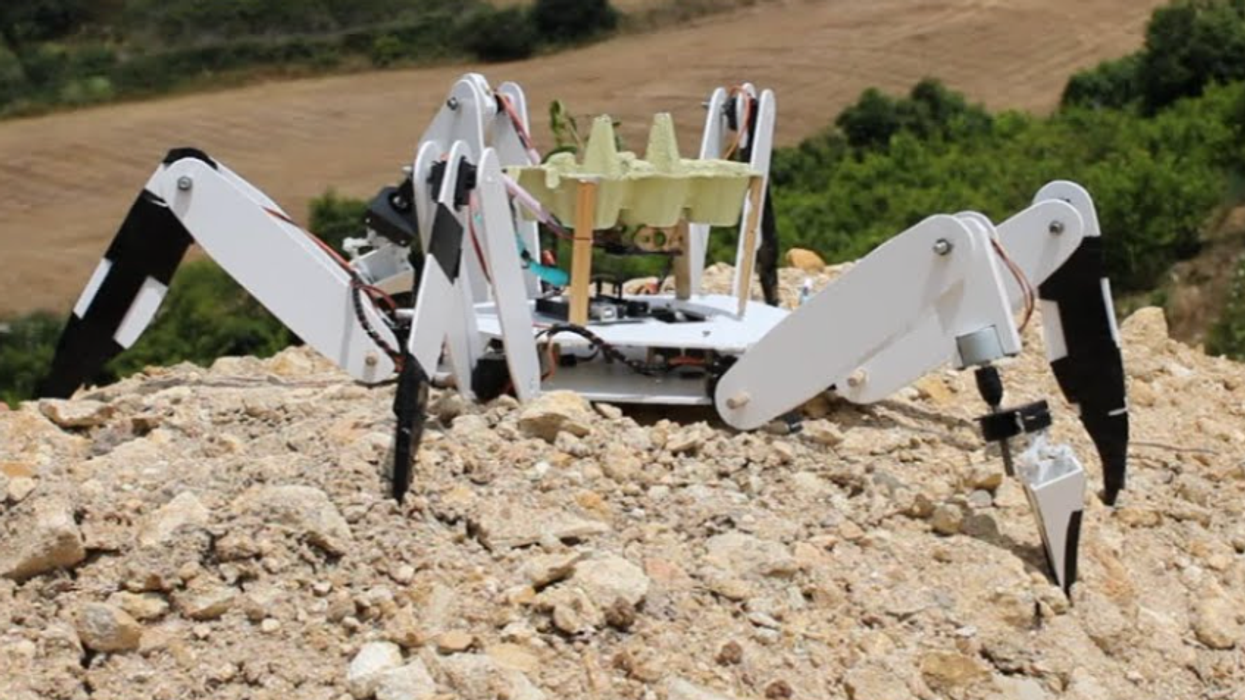As Tom Hanks said in “A League of Their Own,” there’s no crying in baseball, but the sport does have a long-standing tradition of on-field arguments.
Baseball managers have famously thrown tantrums, screamed expletives, and kicked dirt on the shoes of umpires while protesting calls and protecting players. Managers such as Billy Martin and Earl Weaver were known for turning the spectacle into an art form.
On Sunday, the Cincinnati Reds’ Bryan Price showed that a manager can be furious while still being able to reign in their rage for a moment of patriotism.
In the top of the seventh inning against the New York Mets at Citi Field, Reds second baseman Scooter Gennett wasn’t happy about a called third strike that ended the inning. So he slammed his helmet to the ground and was promptly ejected by home plate umpire Shane Livensparger.
As players switched sides, Price came out of the dugout to argue the call and ejection but then collected himself and put his hand over his heart — along with umpires Livensparger and Jerry Layne — for the singing of “God Bless America.”
After the song, Price apparently forgot about the argument and calmly walked back to the dugout.
“That was the most interested in an argument that I’ve ever been,” catcher Tucker Barnhart told USA Today. “I was really anxious to see what was going to happen. Is he going to argue through ‘God Bless America’?”
Like many MLB teams, the Mets play “God Bless America” at home games during the seventh-inning stretch on Sundays or holidays, but not all baseball fans like the idea. A recent poll found that 61% of baseball fans don’t want the song played during games, and some even find it offensive. Atheists often don’t like the song’s references to God, and some Christians find it ridiculous that God plays favorites when it comes to nation-blessing.
The Reds won the game 10-5.

















 A woman browses a dating app on her phoneCanva
A woman browses a dating app on her phoneCanva





 Friends helping one another cross a creek.Photo credit
Friends helping one another cross a creek.Photo credit  A group of young people. Photo credit
A group of young people. Photo credit  Studies suggest empathy builds connection.Photo credit
Studies suggest empathy builds connection.Photo credit  People consoling a friend.Photo credit
People consoling a friend.Photo credit 